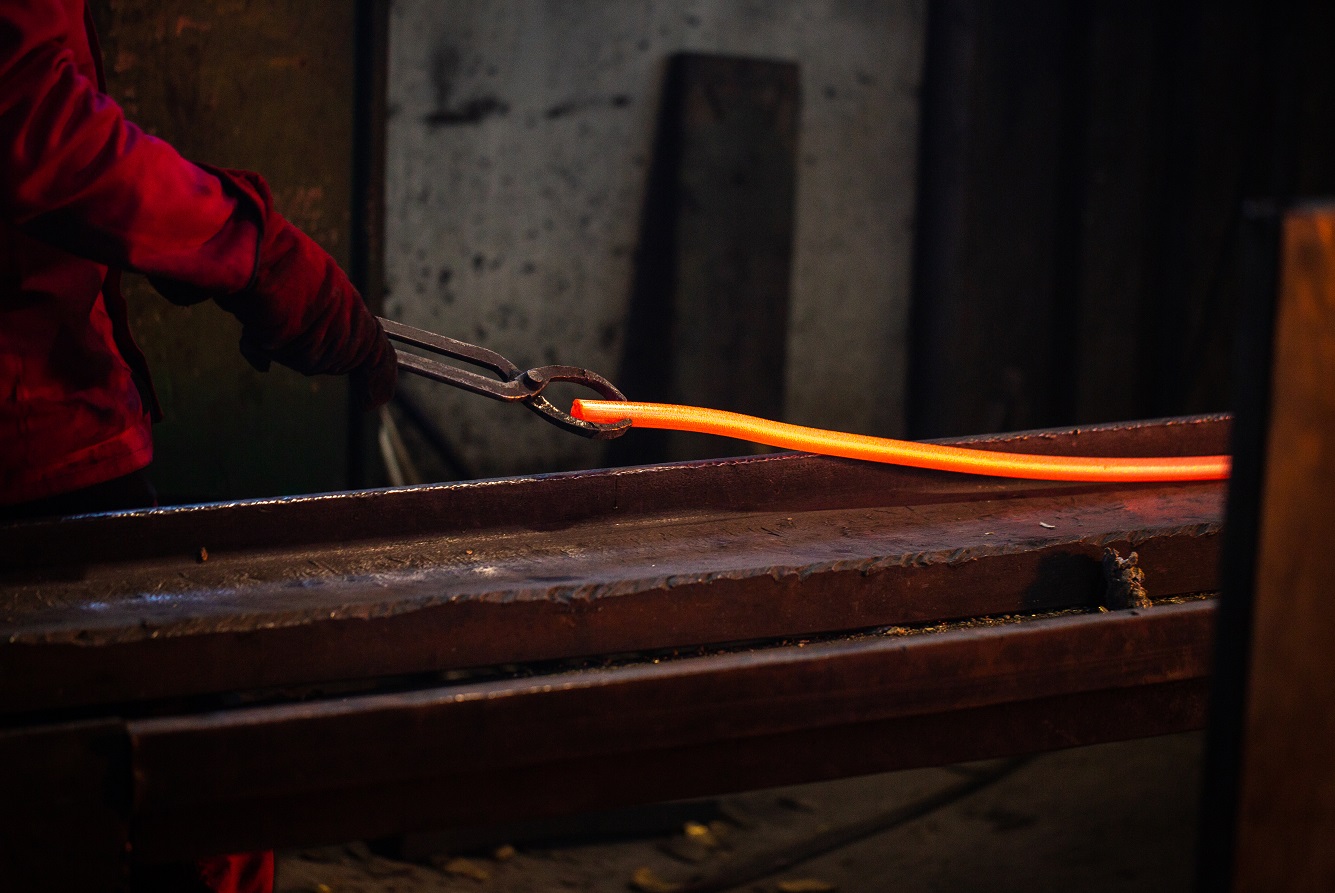

Metal bending is an art. There are thin edges that must be bent accurately; there are thick metal sheets that are bent to use in further operations, extremely hard sheets that are prone to breaking if pressed too hard, etc. These are just a few examples of the things to be considered when bending sheet metal.
Thus, sheet metal bending can be termed one of the most difficult processes.
A hydraulic sheet metal bending machine is one of the tools that is used to carry out this operation with extreme precision and accuracy.
In this blog, we will discuss the importance of sheet metal folding machines and how they are changing the future.
Metal became prevalent in the 19th century, and it isn’t wrong to say that hydraulic sheet bending machines were among the first tools to fold metal.
A metal bending machine has a hydraulic press that gradually lowers and stops over the metal to bend it at a certain angle. The mechanism of the machine offers more control over the process and thus ensures that the bent metal part matches the prototype.
Initially, metal usage wasn’t as prevalent in the industries as it is now. Its basic usage was structural components, vehicles, utensils, etc. Today, metals are used for distinct purposes, including artistic endeavors and aesthetic exteriors of buildings.
The distinct uses drive innovators to use tools that not only fold the metals but can also create required intricate patterns.
Hydraulic sheet metal bending machines play multiple roles. Here are some of how these machines contribute:
Industries such as aerospace, automotive, construction, etc., require precise bends and thus turn to hydraulic bending machines. Undoubtedly, hydraulic machines are known to offer accurate and reputable precision across thousands of products without deviating from the prototype. Today, hydraulic machines are equipped with advanced technology, and the prototype is fed to the machine to produce as many identical bends as required.
These machines use hydraulic pressure to apply consistent force across the entire sheet, ensuring that each bend meets the project’s exact specifications.
In addition, modern hydraulic machines offer greater flexibility and control, thus reducing the chances of error.
Initially, hydraulic machines were operated manually, which was a slow process, but in the 19th century, when the demand was only a percentage of what is required today, it worked.
Now, the machines are automated, and even AI is making its presence felt in the world of sheet metal bending, which is great for increasing the efficiency and productivity in operations. Modern machines often come with CNC (Computer Numerical Control) systems that allow for automated programming and repeatability, further boosting productivity.
This leads to faster turnout and reduced manual labor.
There was a time when hydraulic machines were considered huge power-consuming machines, which was true, as they were designed to use a lot of power.
Technological advancements have changed this as the parts are much more advanced these days and offer faster output while increasing speed and reducing manual intervention, leading to fewer errors. All of this leads to the use of less energy, as machines are becoming more efficient.
This is a move towards a sustainable environment by making machines faster and more efficient.
The future might see significant changes in sheet metal folding machines to make them even more efficient and quicker.
A good metal folding machine can bend almost every metal without irrevocable deformation. Apart from the skills needed to study metal and its optimum bending radius, machines do the major part of metal folding.
Hydraulic machines have multiple controls to bend thin gauges to thick metal sheets and handle various metals. Traditionally, metal bending was done using manual tools. However, with advancements over time, we now have sophisticated machinery capable of managing large workloads efficiently and minimizing costly errors.
The best way for a metal supplier is to embrace the new technology. With this in mind, we have consistently invested in top-of-the-line machines for our operations.
We currently employ two sheet metal benching machines at New Mexico Metal LLC, Albuquerque- Chicago Mechanical Brake and Baileigh Magnetic Brake. The first one can bend a metal sheet as thin as 24 Gauge. The Baileigh magnetic brake will do 16 Gauge 8’ on ferrous material and 22 Gauge non-ferrous.
We believe in delivering quality in all our operations and we have proved it over the years. We are determined to do the same with the same zeal in the future. The sheet metal bending is getting advanced at New Mexico Metals LLC and will continue to do the same.
For any queries regarding this, please contact us.